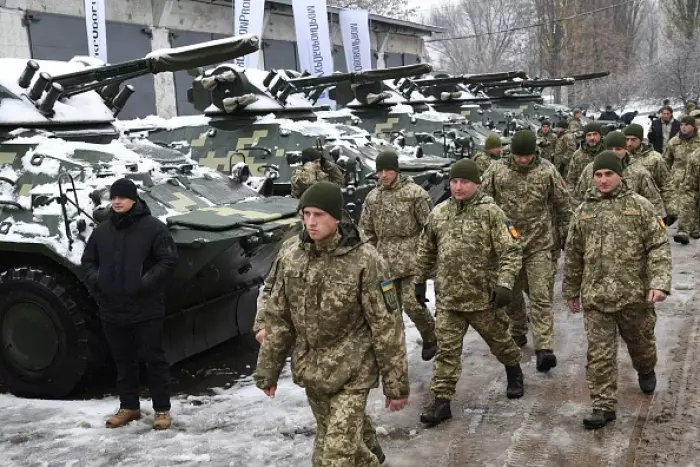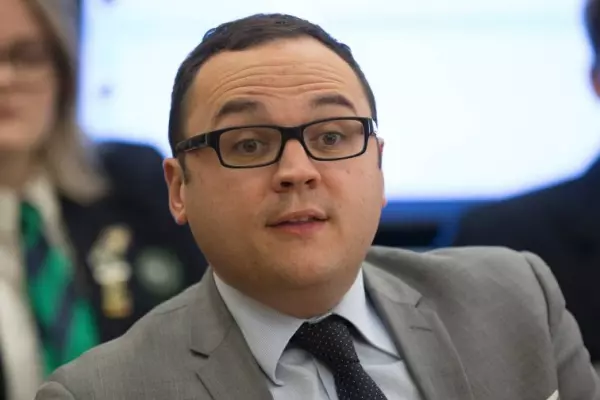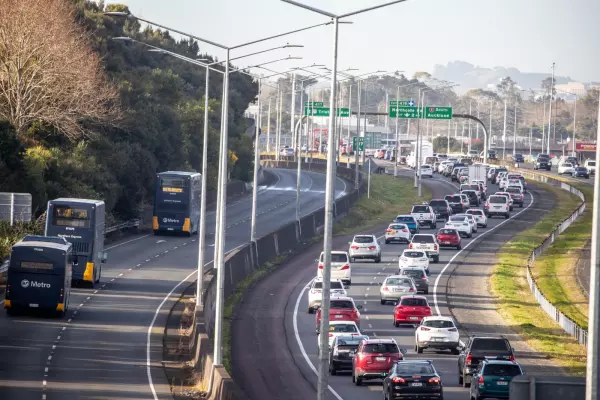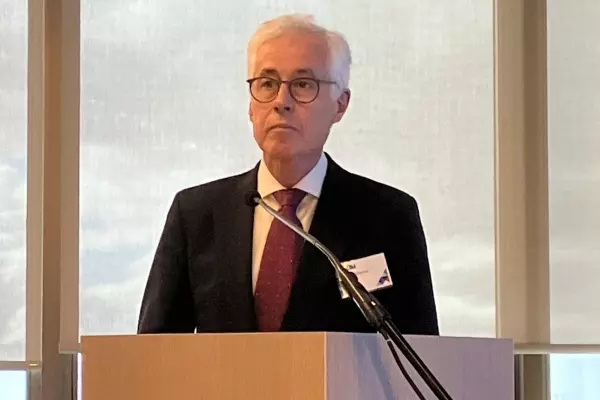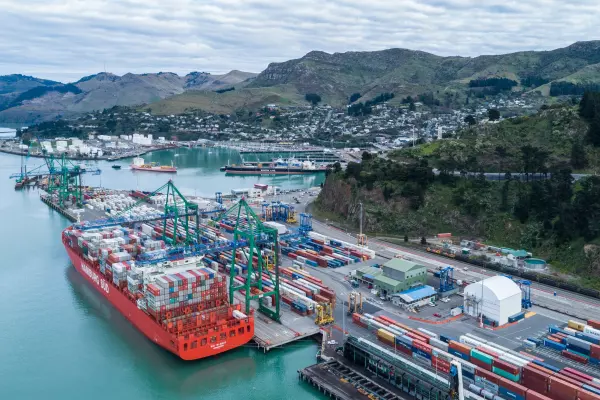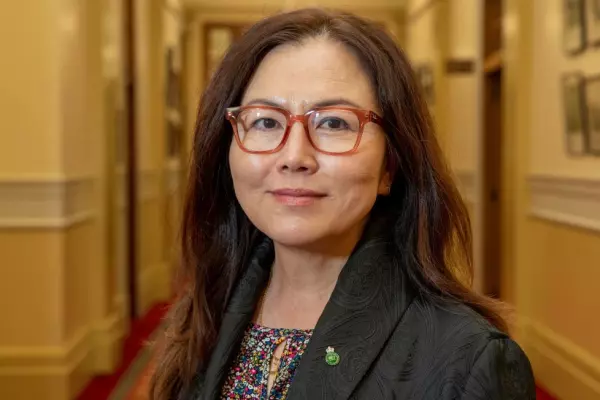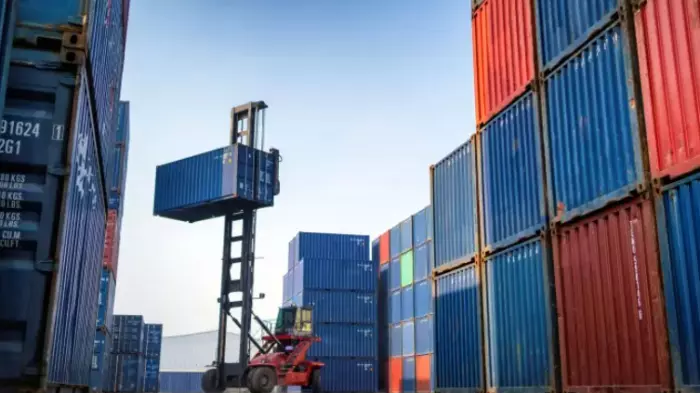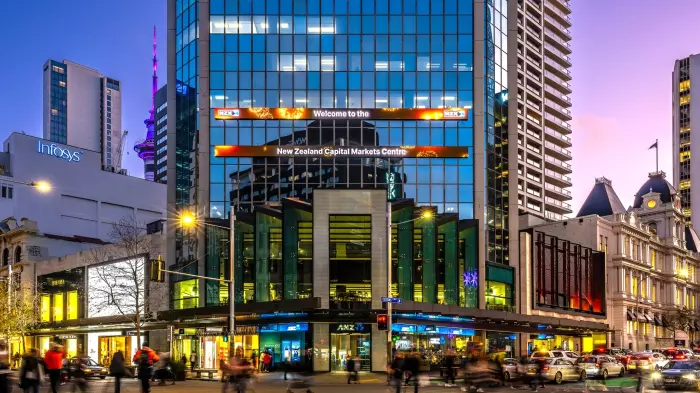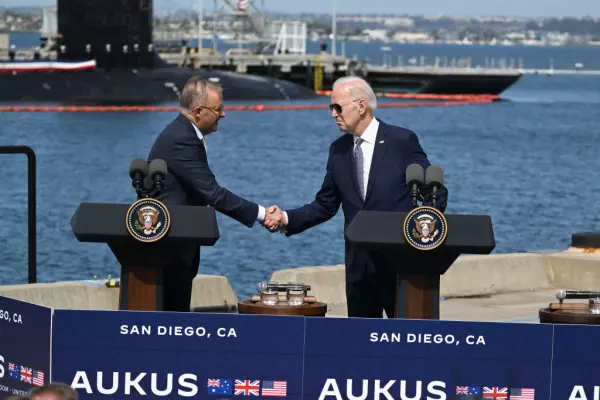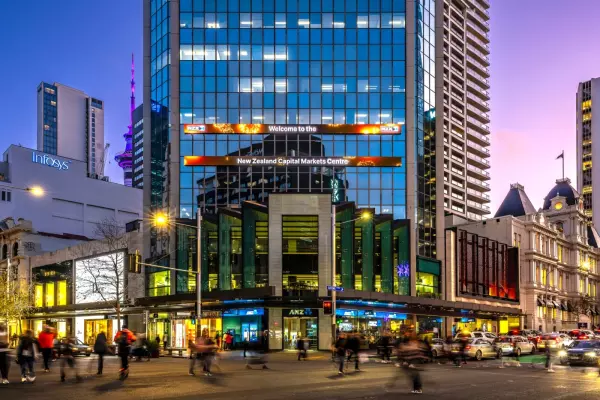New Zealand has banned about 80 people from travelling to or through the country following the Russian invasion of Ukraine.
Prime minister Jacinda Ardern and foreign minister Nanaia Mahuta announced measures responding to the invasion last week, including travel bans against Russian government officials and others, prohibiting the export of goods to Russian military and security forces, and suspending bilateral foreign ministry engagement.
Hundreds of people are reported to have died in the conflict, which has prompted an outpouring of condemnation and sanctions against Russia from most of the international community.
BusinessDesk asked the Ministry of Foreign Affairs and Trade (MFAT) whether NZ was considering measures against Russian oligarchs resident, or known to have interests, in NZ.
NZ didn’t have the ability to implement sanctions outside the United Nations framework, an MFAT spokeswoman said. National’s Gerry Brownlee has repeatedly pushed for the adoption of an autonomous sanctions regime.
However, the spokeswoman said the government was prepared to introduce measures in alignment with partners.
“Officials are working to deliver advice on every option available.”
Cabinet is discussing the Ukraine situation today.
MFAT refused to comment on whether a particular oligarch asked about by BusinessDesk was on the travel ban list, saying the list wasn’t made public.
This is contrary to other countries like the United Kingdom (UK), which published a list of people it has subjected to sanctions.
People banned from travelling to NZ had been identified as “being responsible for, or associated with, actions which undermine or threaten the territorial integrity, sovereignty and independence of Ukraine”, the MFAT spokeswoman said.
“Our list currently stands at about 80 people and includes those involved with political decision making, financing, military operations and the spread of disinformation.”
When the prime minister announced the travel ban, an explanatory note said the new measures joined existing bans put in place following Russia’s 2014 annexation of Crimea.
In explaining the decision not to name individuals on the travel ban list, the MFAT spokeswoman said some of the information used to inform the list was provided to NZ in confidence by its partners.
“Any decision we would take to name individuals would be made in consultation and agreement with partners.”


